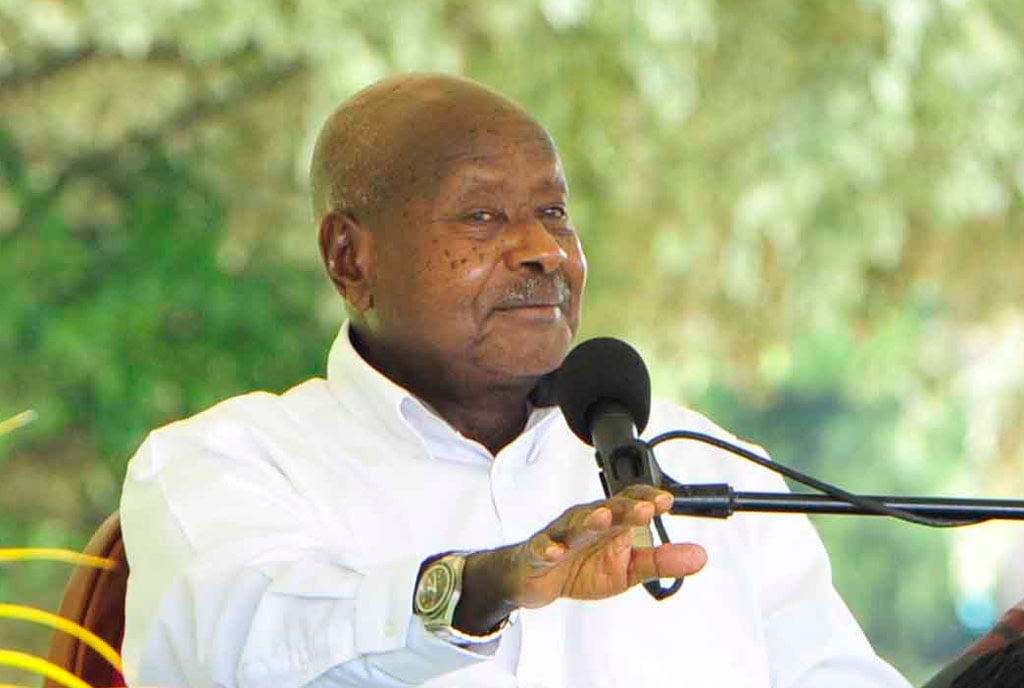High Court dismisses case against Vinci Coffee deal

Finance minister Matia Kasaija (2nd left) exchanges documents with Ms Enrica Pinetti (right) after signing an agreement with the Finance ministry to establish a coffee processing plant in Uganda, on February 10, 2022. PHOTO | FILE
What you need to know:
- In February, the Minister of Finance, Mr Matia Kasaija, signed an agreement with the coffee exporter for the production and export of coffee products, which the two lawyers said was illegal.
Court has dismissed a petition challenging the agreement between the government and Uganda Vinci Coffee Company Limited.
Justice Emmanuel Baguma of the High Court on December 22, ruled that the matter was brought before court prematurely.
“I, therefore, do not find any reason whatsoever to interfere with the matter which is being investigated by Parliament. It is my view that Parliament should be left to do its work,” the judge ruled.
He added: “Having found that this is not a proper application for judicial review, the applicants are not entitled to the remedies sought. The application is hereby dismissed with no orders as to costs given to its nature and circumstances.”
Lawyers Henry Byansi and Michael Aboneka had asked the court to declare unlawful the agreement signed between the government and the coffee exporter.
The respondents in the case were the Attorney General, Mr Kiryowa Kiwanuka, and Uganda Vinci Coffee Company Limited.
In February, the Minister of Finance, Mr Matia Kasaija, signed an agreement with the coffee exporter for the production and export of coffee products, which the two lawyers said was illegal.
“The failure of the minister to make adequate consultations and or seek the necessary legal approvals from Uganda Revenue Authority (URA), National Social Security Fund (NSSF), the Directorate of Immigration and Citizenship before purporting to waive taxes, NSSF contributions and work permits in favour of the coffee company, is an abuse of power and a usurpation of their constitutional and statutory powers, unfair to Ugandans,” the lawyers’ petition reads further.
The applicants contend that the agreement gives monopoly to Vinci coffee company hence eliminating other players such as small scale farmers, middlemen and co-operative unions.
However, in response, the AG relied on the evidence contained in an affidavit of the acting director of economic affairs in the Ministry of Finance, Mr Moses Kaggwa, who said the agreement does not give the coffee exporter any authority to manage production, export, and set prices of coffee beans and its related products.
Mr Kaggwa further stated that all the required legal, administrative, and consultative processes were adhered to and the execution of the agreement by the government was informed by the overall government policy to invest in value addition and specifically agro-processing in line with the National Coffee Policy and National Coffee Act of 2021.
The deal
Finance minister Matia Kasaija signed on behalf of GoU.
The agreement—whose contents were first published by this newspaper—offers UVCC a 10-year tax holiday, waivers on power tariffs and constant water supply, among others.





